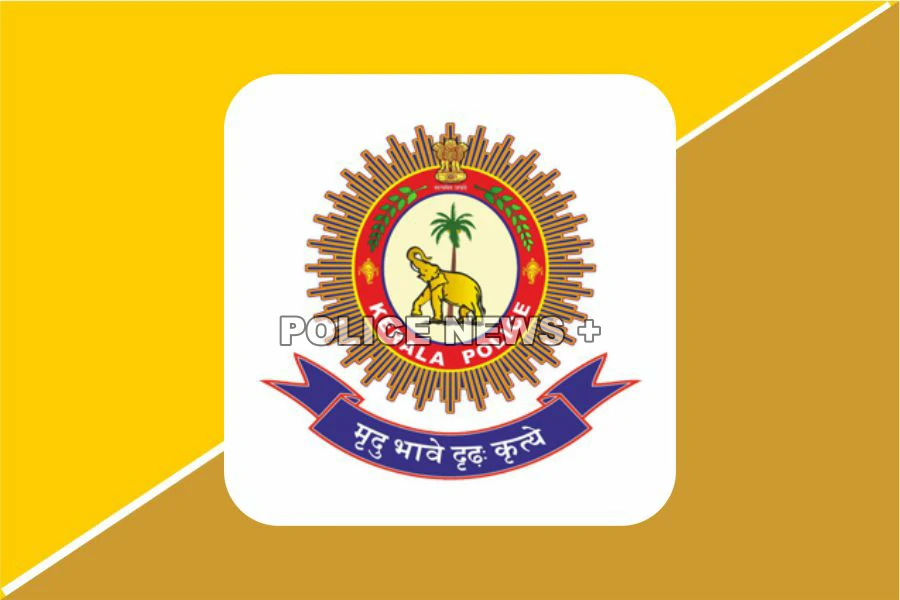The Kerala Police said beware of the increasing prevalence of hackers targeting active social media users on platforms like Facebook, Instagram, and YouTube. These scammers employ a deceptive tactic of creating counterfeit websites resembling Meta, the parent company of popular social media platforms. They send messages to users, claiming that their content violates community standards, monetization procedures, or copyright regulations. Users, mistaking these messages for legitimate communications from the social media companies, may unwittingly provide their usernames and passwords. This grants the fraudsters control over the targeted social media accounts. Subsequently, the hackers demand a substantial ransom to relinquish control.
Victims are also coerced into depositing money into specified cryptocurrency websites to regain access to their compromised accounts. This threat extends not only to individual social media users but also to those managing accounts for government departments, government-controlled entities, and high-profile individuals such as movie stars and celebrities. It is crucial to employ robust, regularly changed passwords for both social media and associated email accounts, without recording them in any physical or digital format. Treat the security of logged-in social media accounts on devices with the same vigilance as you would for banking accounts in the event of a lost or stolen device. Implement additional security measures like Google Authenticator for two-step verification to fortify your social media accounts. Exercise caution when responding to messages received through various channels like email, messenger platforms, Instagram direct messages, and SMS messages on your mobile phone. Avoid clicking on unnecessary links and diligently scrutinize website addresses (URLs) associated with messages and links on your social media accounts.






